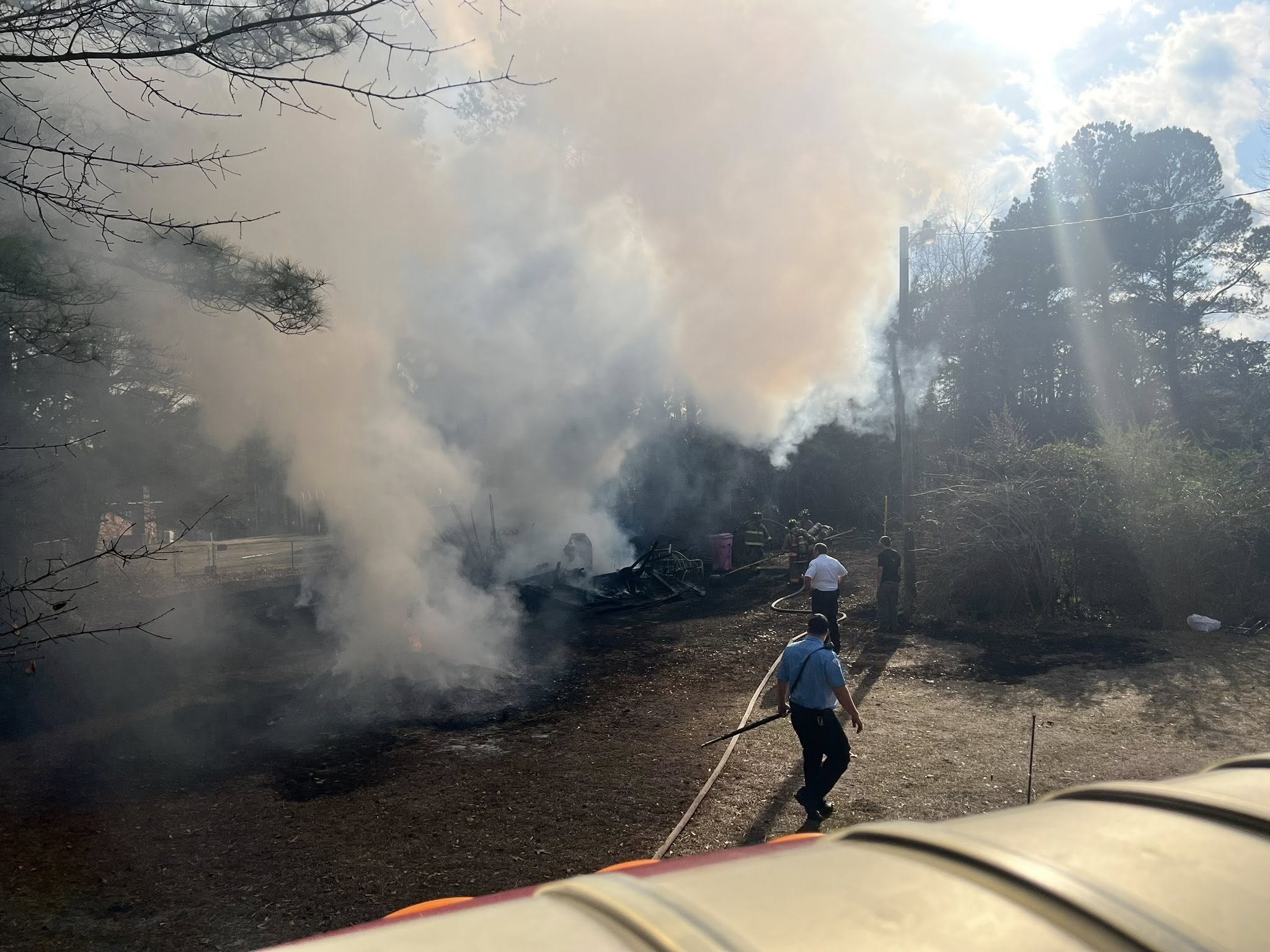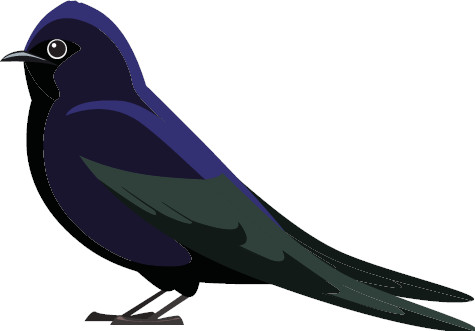A storm system will develop in the Gulf of Mexico on Tuesday, cross Florida and the move up the Atlantic coastline Tuesday night into Wednesday. The overnight model guidance continues to favor a storm track that is farther offshore, suppressing higher liquid totals closer to the coast and reducing precipitation amounts inland. There is still high confidence that all precipitation will fall as snow.
The daytime hours will be dry but then light snow will arrive from the southwest on Tuesday evening, falling across locations along and southeast of I-85. , locations west of I-95 will see any light snow end by 2 a.m. and locations east of I-95 will see light snow end by 5 a.m. Snow accumulations across the coastal area will be 1-3” with highest amounts near the coast. Snow accumulations across the Pee Dee will be Trace – 1” with highest amounts east of I-95.
For Tuesday night into Wednesday morning, temperatures in our area will range from the upper teens to the middle 20s.
There will be one more frigid night across the Carolinas Wednesday night into Thursday. Friday morning will not be as cold as Tuesday-Thursday but still well below normal with readings in the middle 20s.
We are still keeping an eye on the possibility of a second storm system late week. Temperatures should moderate somewhat during the weekend but still remain below normal.
Please remember the National Weather Service is your official provider of weather information.
Winter Energy Saving Tips
When the temperatures drop, the demand for energy spikes. Luckily, there are a number of easy, but important adjustments you can make to manage your heating costs.
• Reduce your thermostat to the lowest comfortable setting. If you have a heat pump, maintain a moderate setting, or use a programmable thermostat specifically designed for use with heat pumps.
• Leave drapes or blinds open during sunny winter days to allow the sun to warm the house. Close them at night to help insulate your home.
• Have the heating and air conditioning system checked regularly to maintain performance. Duke Energy offers qualified customers rebates to help offset the cost of replacing older HVAC units with more energy-efficient ones.
• Replace standard incandescent bulbs with light-emitting diodes (LED). LEDs are more efficient while giving off the same amount of light.
• Operate ceiling fans in a clockwise direction, which pushes warm air back down into the room.
• Change air filters regularly. A dirty air filter makes a heating system work harder, which uses more energy.
• Set your water heater’s thermostat to 120 degrees to help you reduce your monthly water heating bills.
For more energy-saving, bill-lowering tips, check out duke-energy.com/SeasonalSavings.






